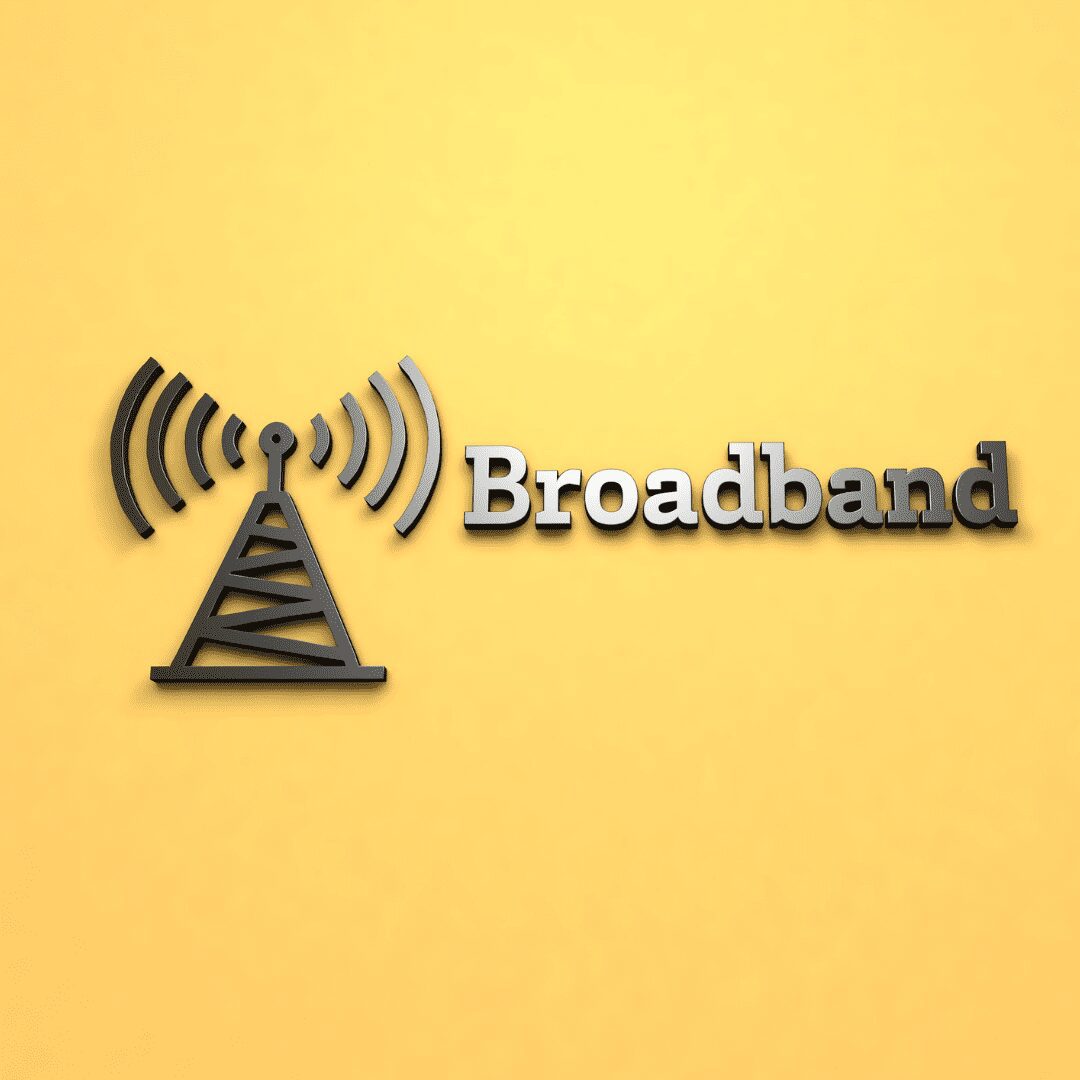
Taxpayers can’t afford more ‘networks to nowhere’
Johnny Kampis
December 20, 2022
Despite the hundreds of billions already being allocated toward the growth of broadband in the U.S., there continues to be a push for more funding toward middle-mile networks – despite the reality that these projects are often wasteful and duplicative.
Over the past few years, various programs spread across the Federal Communications Commission, U.S. Department of Commerce Department, and the U.S. Department of Agriculture have allocated over $50 billion dedicated to building out broadband projects across the country. This is on top of another $350 billion in American Rescue Plan Act (ARPA) funding that states and localities can use for high-speed internet, among other projects.
On top of this, there is a growing interest among activists – and policymakers at all levels of government – in yet more funding for middle-mile broadband infrastructure, which refers to broadband infrastructure that doesn’t directly connect to an end-user location, such as a household or small business. These networks tend to carry data over long distances and connect local/regional internet service providers’ networks with the broader internet backbone. If your home internet connection is like a road, the middle-mile is akin to a highway.
The Infrastructure Investment and Jobs Act allocated $1 billion specifically for middle-mile projects. The program, administered by the Department of Commerce, has received over $5.5 billion in applications, showing a strong desire among state governments to pursue middle-mile deployments. The gap between the available funds and the price tag for all applications will surely fuel the desire by some activists and consultants for Congress to provide more funding, including to those who stand to gain financially from selling these projects to states and municipalities. There are middle-mile plans popping up around the country: in California, Texas, Vermont, and Alabama, to name a few.
As the Taxpayers Protection Alliance (TPA) has written, middle-mile networks can be a big waste of money for taxpayers. Take KentuckyWired, a project in which taxpayers were initially supposed to be on the hook for just $30 million. But after Kentucky officials decided to take advantage of tax-exempt bonds by creating the Kentucky Wired Infrastructure Company, project costs shifted from private partner Macquarie Infrastructure Developments LLC to Kentucky taxpayers. As TPA previously reported, the project costs ballooned and now taxpayers could be out $1.5 billion, especially after an expected revenue source – federal money to connect schools to high-speed internet – will not be realized.
In addition to the potential for taxpayer waste, middle-mile networks don’t get to the root of the digital divide. While only a small slice of the country isn’t already connected to a middle-mile network, a much higher percentage lacks access to the last mile. So, the focus of the taxpayer money allocated toward broadband infrastructure should go toward solving this problem.
Taxpayers are already under enormous strain, and the hundreds of billions already allocated for broadband have yet to be properly accounted for. With so much money flowing through so many agencies, it would be beyond reckless and irresponsible for Congress to allocate more funding to solve an imaginary middle-mile shortfall. Inspector general’s offices are already failing to properly track and measure the efficacy of this new funding.
Fortunately, some members of Congress are taking notice. Earlier this year, Sen. Roger Wicker (R-Miss.), ranking member of the Senate Commerce Committee, pressed for more oversight of pandemic-related broadband spending. And earlier this month, Sen. John Thune (R-S.D.), ranking member of the Senate Subcommittee on Communications, Media, and Broadband, announced a nationwide oversight effort to review numerous broadband programs across several federal agencies.
With lawmakers like Sens. Wicker and Thune in key positions, taxpayers can be hopeful that any push for additional broadband funding, in must-pass legislation or otherwise, will be stopped in its tracks.
